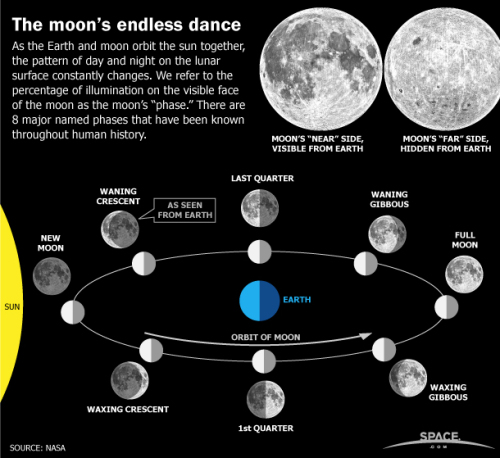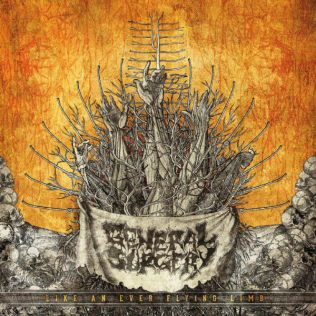 David Gaider goes to a restaurant and orders a steak. “Would you like fries or a salad with that?” Gaider thinks for a moment and finally says, “Neither. Both sides are equally bad.”
David Gaider goes to a restaurant and orders a steak. “Would you like fries or a salad with that?” Gaider thinks for a moment and finally says, “Neither. Both sides are equally bad.”
—–
As a nice contrast to the 50 hours spent over a two-week period on Chapter 2, Chapter 3 of Baldur’s Gate 2 took roughly two hours. It’s a tying-up of loose ends and a farewell–for now–to Athkatla. Your contact in the Shadow Thieves–or your vampire friend if you made that choice–gives you a couple of tasks, makes a couple of light revelations, and then offers you a boat to the next part of the game.
It’s, of course, my choice to have the structure of the game be this uneven–you can certainly split up your sidequesting between chapters 2, 3, and 6 as you like; but given that the next couple of chapters are going to be a journey to far-off places that I’d like to be leveled up for, and given that Chapter 6 is largely a bit of “okay, you’re back in the city, let us know when you’re ready for the endgame”, it made sense for me to frontload everything this way.
The feeling is of events moving quickly. You’ve been spending all of this time getting to know the city and the world while your contacts have been searching for info on Imoen and Irenicus, and now they’ve figured out where they are and it’s time for you to move. It’s a little bit of pretense: You can afford to do all of that sidequesting and spend all of those months because there really isn’t anything else you can do but prepare. Now that you have your goal, it’s time to move. I’m not one to take timeframes and chronologies strictly in RPGs–I’m not going to complain that Imoen and Irenicus will wait as long as it takes for you to get around to finding them–but it does feel a little silly to stick around the city when everything you’ve worked for is a boat ride away.
The game could do a better job of making your choice seem like an actual choice, honestly. On the one side, you’ve got a bunch of thieves, yes, but they’re all friendly and helpful to you; on the other hand, you’ve got shady vampires which are somehow working with Irenicus. “The Shadow Thieves haven’t told you everything,” your vampire friend tells you, “and haven’t you noticed that they’re just stringing you along?” And it’s true, once you give them the money they do give you a few quests before finally sending you off. But they do send you off, and their explanations–that they needed to check your references, that they needed to find out some seriously-hidden information, that they needed to hire a trustworthy crew–all pass the sniff test. The Shadow Thieves have done nothing to lose my trust, either as a player or as a character.
The question of Evil in a game like this is a fiddly one. I know a lot of Dungeon Masters refuse to let their players play Evil characters, and even when they do, and in the Baldur’s Gate series, they generally lean that more towards “selfish, nasty, and lazy”. Part of it is, simply, that even a Good-aligned party has to kill a lot of things over the course of the game–you are, after all, a child of the God of Murder–and so killing is just kind of oddly relegated into a grey area where there are a lot of acceptable people to kill, and you’re simply kind of a dick for killing anyone not on the list. In a lot of cases, you’ve got a situation where someone has an item you need–you can either do the quest they ask you to do and get some more XP and treasure, or you can just slaughter them and take it. And who in their right mind would ever pass up XP? Only Dorn in the Enhanced Edition has a quest which forces you to go beyond the pale–I ducked out after accompanying him on a quest to murder everyone at a wedding, which honestly didn’t offend my moral sensibilities as much as it just seemed unnecessary–the rest are just, you know–unpleasant. Edwin is vain and arrogant and happy Dynahier is dead–but that’s about the worst of it. I’m keeping the dwarf Korgan in my party, and even though he’s listed as evil, he’s more accurately just simply an asshole–and a good enough fighter that it doesn’t matter.
And he doesn’t like the vampires!
—–
Bioware would revisit this kind of territory in Dragon Age 2–which also took place largely in a single city and a few environs–with its mages-or-templars focus. In the Dragon Age setting, mages are seen as ticking time bombs waiting to explode and so are heavily guarded by special knights. During the entire game, you’re thrust into situation after situation in which you have to choose between the two, and unlike Baldur’s 2, you’re given a lot more characterization of the two sides. The mages feel restricted and oppressed; the Templars are trying to protect innocent citizens from people who genuinely have destructive power. It’s a nuanced and difficult argument…which loses coherence in the endgame, when both the head templar and the head mage bust out their One Winged Angel forms and rampage. It’s of a piece with Bioshock Infinite which also had two sides whose names I don’t remember accurately but boil down to Racist Cops and People of Color; and if the choice seems obvious to you, don’t worry, Ken Levine has you covered because at one point the leader of the People of Color murders or threatens to murder a child or something. I’m sorry. I don’t remember it well. Bioshock Infinite was not a good game.
It’s easy to fall into this very South Park trap–that when you have any controversial issue, there are two sides, both extreme in their opinions and both wrong in their extremeness, and you, the rational player, the only one who’s able to look at both sides and recognize that the true way, the rational way, the right way, lies somewhere in the middle–a very milquetoast centrism which doesn’t believe in getting one’s hands dirty because any upset to the status quo is a bad thing, any change is a bad change. It’s a hilariously, pathetically dated theme–the kind of thinking which looked at Donald Trump and Hillary Clinton and said, welp, both sides are equally bad.
In that respect, Shadow Thieves vs. Vampires is, you know, kind of quaint–because the Shadow Thieves might not be the nicest people, but at least they’re not fucking vampires. And there aren’t really any explicit political resonances to the choice–although, to be fair, “a bunch of crooks who, once they get what they want, are willing to help you out a bit” vs. “a bunch of undead monstrous abominations who feed off the blood of the innocent, murdering them and desecrating their corpses” does kind of resemble Democrats vs Republicans. Mods–third party mods–exist which apparently let you make other choices–you can align with the Paladins (which, ugh, fuck Paladins) or with a fellow who gives you a “screw you guys, I’m going home” route (that railroads you back into the plot eventually because I think he’s working with Irenicus or something, I’m just going from skimming TVTropes), but I think I like my two options. Baldur’s Gate 2 comes from the days before we wrung our hands about whether or not we were able to Make A Choice In A Videogame. I mean, of course we’re just navigating pre-written dialogue trees. Of course we’re experiencing content that somebody thought up and wrote. Not everything needs to be, you know, an expression of ultimate freedom. I’m playing a story about a lady who’s the daughter of a murder god. I mean, come on.
Off to Spellhold!
Advertisements Share this:




